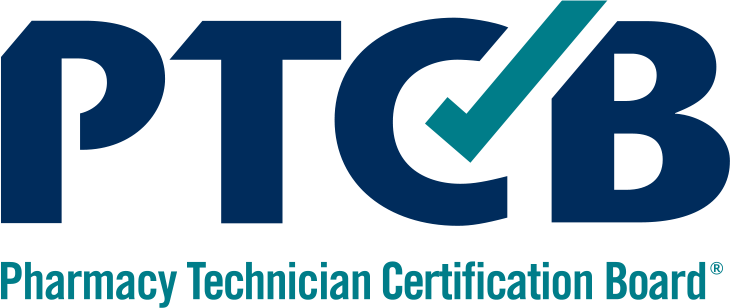Pharmacy technicians have a unique opportunity to assist in addressing the opioid crisis by receiving naloxone training, performing naloxone administration, and identifying patients at risk for overdose. Patients at a high risk include high-dose prescription opioid recipients — in particular, those prescribed more than 50 MME per day –, patients with co-prescriptions for opioids with benzodiazepines, and syringe needle purchasers. In some settings, technicians can even provide patient education or referrals to pharmacists for medication counseling.
PTCB is developing an Assessment-Based Certificate Program in Controlled Substances Diversion Prevention to be released later in 2020. I believe this program will equip CPhTs with the knowledge to make an impact in addressing the crisis, and will instill the confidence they need to assist, educate, and support any and every patient they encounter.
Confidence is key! As a fourth-year student pharmacist preparing to graduate in May and enter the real world, this is just as true for myself as it is for technicians. I too have completed the courses, established a sound clinical foundation, and developed my skill set. Now, it’s about having the confidence to be comfortable stepping into the role I am prepared for and make a difference.
– Kayla Bourgeois
P4, University of Mississippi School of Pharmacy

